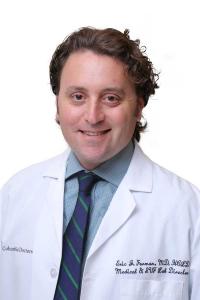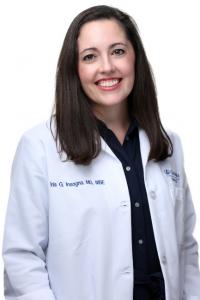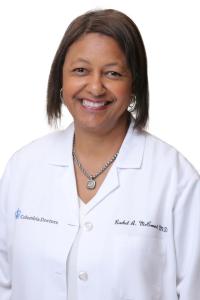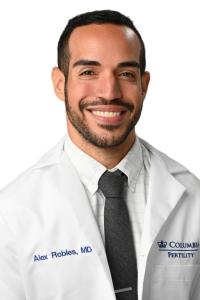Division of Reproductive Endocrinology & Infertility
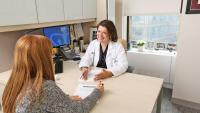
Division Chief
The Division of Reproductive Endocrinology and Infertility, home to Columbia University Fertility Center, is one of the preeminent fertility centers in the world. We offer innovative and personalized fertility treatment from an interdisciplinary team of world-renowned physicians and support staff who provide extraordinary care, every step of the way. At our brand-new fertility center, we help all those who are trying to conceive or preserve their fertility in a supportive and state-of-the art clinical setting.
Patient Care
For information about patient care or to make an appointment, please visit columbiafertility.org
Education
The division offers a fellowship in Reproductive Endocrinology and Infertility.
Research
Recent investigations in the Division of Reproductive Endocrinology and Infertility include the examination of celiac disease and infertility; Hodgkins Disease and ovarian reserve; ovarian reserve among breast cancer patients receiving chemotherapy; and the validation and clinical use of the anti-Mullerian Hormone (AMH) assay. The division hosts one of the largest egg donation programs in the country and clinical research related to recipients and egg donors is regularly performed. Columbia University Fertility Center has performed the most assisted reproduction cycles in North America for patients infected with HIV, leading to regular publications related to their pregnancy outcomes and their clinical experience. Faculty in the division also have an active collaboration with the Department of Rehabilitation and Regenerative Medicine, and Genetics and Development, as demonstrated by ongoing research on deriving a human embryonic stem cell line from non-viable embryos.
Collaboration between our faculty and other institutions/sponsors includes: 1) human egg donation for the generation of diabetes specific embryonic stem cells, supported by a grant from the New York Stem Cell Foundation and the Naomi Berrie Diabetes Center at CUIMC (leading to a publication in Nature in 2011); 2) fertility preservation for women with newly diagnosed cancer, in partnership with Fertile Hope; 3) the role of notch regulated angiogenesis in female reproduction with studies performed in collaboration with University of Valencia.
The division has pioneered the development of first-trimester screening and multi-fetal pregnancy reduction, and has recently completed the largest evaluation of microarray technology for prenatal diagnosis. This work continues with the development of a follow-up component to determine the phenotype of infants diagnosed in-utero with microdeletions and duplications. As part of this study, the division will develop a national registry of these cases.
Faculty
- 1 of 2
- next



